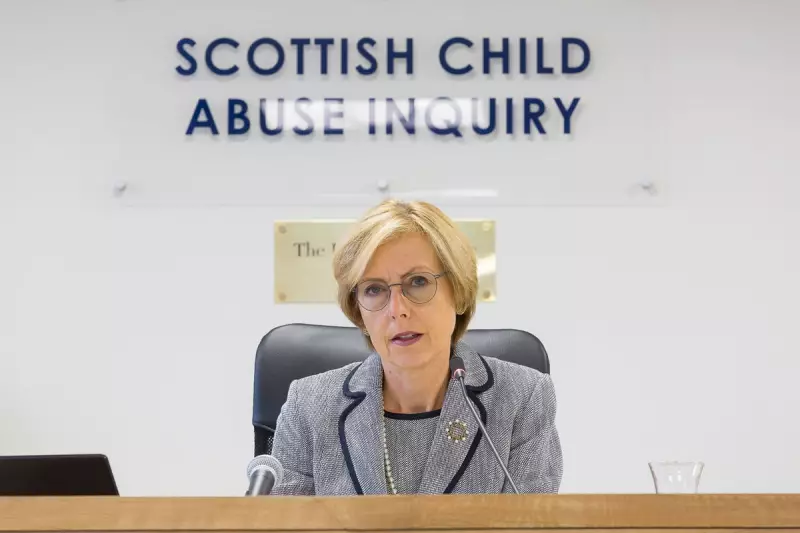
In a unprecedented legal move that could set a national precedent, a group of children and young adults from Scotland are taking their local authority to the UK's highest court. The plaintiffs, aged nine to 23, argue that West Dunbartonshire Council's local development plan is unlawful due to its insufficient action on the climate emergency.
The Core of the Legal Challenge
The landmark judicial review, filed at the High Court in London, takes direct aim at the council's Local Development Plan 2 (LDP2). The young applicants contend that the plan's policies on carbon emission reduction are dangerously weak and fail to align with both the UK's binding net-zero targets and the Paris Agreement.
Their central argument is that the council, in adopting this plan, has violated their human rights—specifically Article 2 (right to life) and Article 8 (right to family and private life) of the European Convention on Human Rights, which is enshrined in UK law by the Human Rights Act.
A Plan 'Unfit for the Future'
"This case is about our future and the future of generations to come," stated one of the young applicants. They argue that the current plan locks the region into another decade of high-carbon infrastructure and development, exacerbating the climate crisis they will inevitably inherit.
Their legal team is demanding the court quash the LDP2 and order the council to create a new, legally compliant plan that rigorously prioritises carbon reduction and climate resilience, ensuring a livable environment for its younger citizens.
West Dunbartonshire Council's Stance
In response to the claim, a spokesperson for West Dunbartonshire Council stated: "We are aware of the petition for judicial review and will be responding in due course through the appropriate legal channels." The local authority now faces the daunting task of defending its planning policies against charges of climate negligence in one of the UK's most senior courts.
Broader Implications for UK Councils
This case is being closely watched by legal experts and local authorities across the United Kingdom. A successful challenge could force a wave of similar claims against other councils, compelling them to significantly strengthen climate policies within their local plans. It represents a growing trend of youth-led climate litigation holding governments and public bodies to account for their environmental responsibilities.
The outcome of this High Court battle in Dumbarton could redefine the legal obligations of local governments in the fight against climate change, putting the well-being of younger generations at the heart of planning law.





